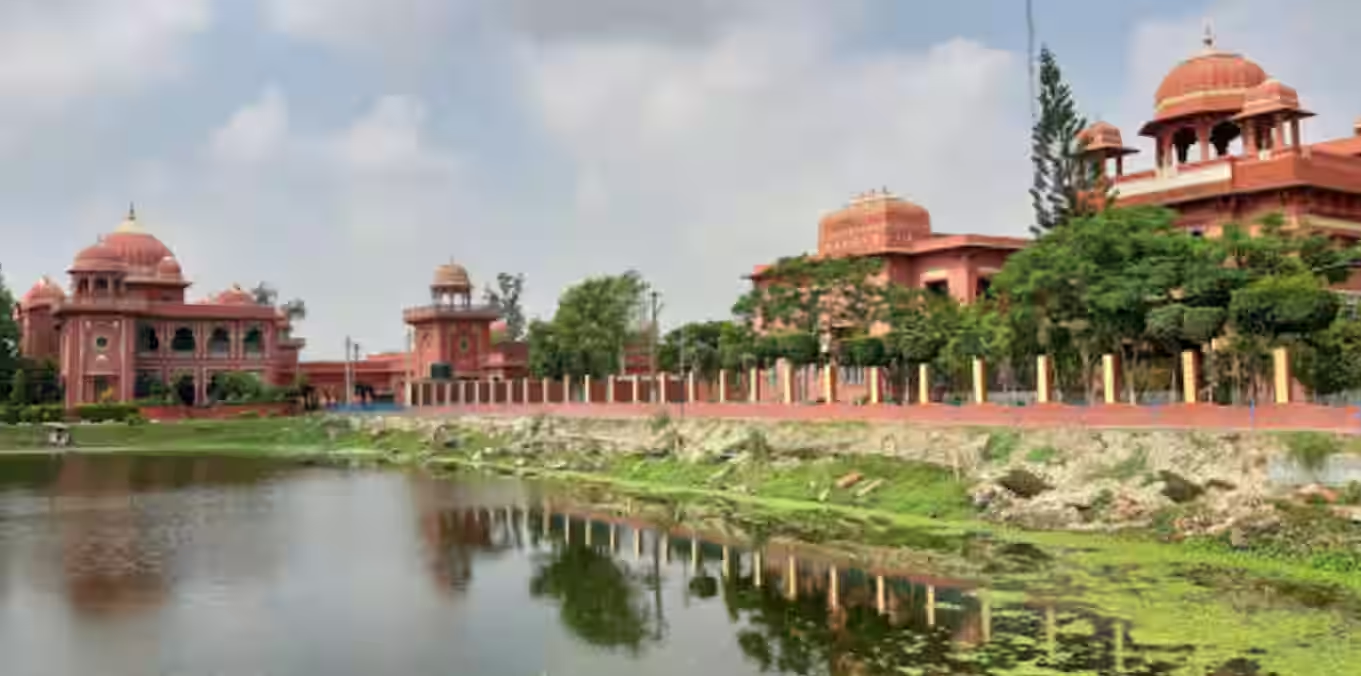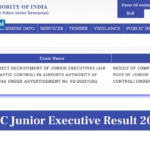India’s educational landscape is dotted with historic institutions that have played a vital role in shaping the nation’s intellectual and cultural fabric. Among them stands Lalit Narayan Mithila University (LNMU), a distinguished academic institution located in the culturally rich region of Darbhanga, Bihar. Established with a vision to provide higher education to the people of Mithila and surrounding regions, LNMU has become a vital educational hub in Eastern India.
With a legacy of academic excellence, vibrant student life, and a commitment to inclusive growth, LNMU continues to evolve in step with modern educational trends while preserving its cultural roots.
A Glimpse into the History of LNMU
Lalit Narayan Mithila University was established in 1972, originally functioning from Mohanpur House at Sara Mohanpur village, a few kilometers from Darbhanga. Later, it was shifted to the university campus in Darbhanga, where it presently stands as a sprawling academic township.
The university was named in honor of Dr. Lalit Narayan Mishra, a visionary leader and the former Union Railway Minister, who hailed from Bihar and made significant contributions to Indian politics and education.
Mithila, the region in which the university is situated, is known for its rich cultural heritage, Maithili language, and historical significance—home to scholars like Vidyapati, and considered the land of Sita from the Ramayana. LNMU has become the modern custodian of this cultural and intellectual legacy.
Academic Structure and Programs
LNMU offers a wide spectrum of academic programs across various faculties, catering to both undergraduate and postgraduate students. The university has 43 constituent colleges, 22 affiliated colleges, and a number of B.Ed. and professional institutions under its jurisdiction.
Faculties at LNMU:
- Faculty of Humanities
- Faculty of Science
- Faculty of Commerce
- Faculty of Social Sciences
- Faculty of Education
- Faculty of Law
- Faculty of Medicine
- Faculty of Dentistry
Popular Courses:
- Undergraduate Programs: B.A., B.Sc., B.Com., B.Ed., LL.B.
- Postgraduate Programs: M.A., M.Sc., M.Com., M.Ed., MBA
- Professional Courses: BBA, BCA, MCA, MBBS, BDS
- Vocational Courses: Journalism, Biotechnology, Library Science
The university has also started offering distance learning and online admission facilities to increase accessibility for students across remote and rural areas of Bihar.
Campus Life and Student Activities
The main campus of LNMU in Darbhanga is vibrant with academic and cultural life. Spread over a lush area, the campus includes:
- Central and departmental libraries
- Hostels for boys and girls
- Administrative buildings
- Seminar halls and auditoriums
- Sports grounds and a gymnasium
- Wi-Fi connectivity and computer labs
LNMU organizes various cultural events, debates, seminars, sports competitions, and festivals throughout the academic year. Celebrations like Saraswati Puja, Youth Festival, and Independence Day see massive participation.
The National Service Scheme (NSS) and National Cadet Corps (NCC) units are active on campus, encouraging students to engage in social service and nation-building activities.
Admission Process at LNMU
Admissions at LNMU are conducted through both merit-based and entrance-based systems, depending on the program.
UG Admission:
- For B.A., B.Sc., and B.Com., admission is generally merit-based.
- Students apply online through the university portal.
- Cut-off lists are published for each college.
PG Admission:
- PG courses require students to appear for an entrance test conducted by the university.
- Selected candidates go through counseling and document verification.
Professional Courses:
- For courses like B.Ed., MBBS, or MBA, entrance exams such as Bihar B.Ed CET, NEET, and CAT/MAT are applicable.
- Seats are allocated through centralized counseling.
The university has streamlined its admission process with digital infrastructure, making it easier for students across the region to apply and track their application status.
Research and Innovation
LNMU encourages academic research across disciplines. The university has Ph.D. programs in humanities, science, social sciences, and commerce.
Several research papers, publications, and seminars are regularly organized, especially in subjects like:
- Mithila culture and Maithili language
- Rural development
- Environmental studies
- Indian philosophy and literature
The UGC and ICSSR have supported various research projects undertaken at LNMU. In recent years, efforts have been made to establish interdisciplinary research centers, focusing on areas like biotechnology, digital education, and regional development.
Contribution to Regional Development
As one of the most respected universities in Bihar, LNMU plays a critical role in:
- Empowering rural youth through accessible education
- Promoting gender equality, with rising female enrolment
- Fostering cultural preservation of Mithila art, literature, and language
- Generating employment through teacher training and vocational programs
- Partnering with local governments for social awareness campaigns
With more than 2 lakh students enrolled every year, the university is a cornerstone of educational upliftment in Bihar and neighboring areas like North Jharkhand and Eastern Uttar Pradesh.
Notable Alumni and Faculty
Over the decades, LNMU has produced a range of successful professionals who have excelled in government, education, law, literature, and civil services. The alumni network includes:
- Academicians teaching in reputed universities
- Bureaucrats serving across Indian civil services
- Politicians and social activists
- Writers and Maithili scholars
The university’s faculty members are experienced educators and researchers, many of whom have earned national recognition in their respective fields.
Challenges and Reforms
Like many public universities in India, LNMU has faced its share of challenges:
- Infrastructural delays and outdated labs
- Irregular academic calendars
- Teacher vacancies in several departments
- Delayed examination results
However, under the recent leadership of its Vice-Chancellor and with support from the Bihar government, LNMU has been undergoing key reforms, including:
- Campus digitization
- Online examination systems
- Curriculum modernization
- MoUs with national-level institutions for academic exchange
The National Education Policy (NEP) 2020 has also opened new doors for LNMU to promote interdisciplinary education, skill development, and research excellence.
Future Outlook
As we look ahead, Lalit Narayan Mithila University is poised to become a regional center of excellence by:
- Increasing collaborations with industries and global universities
- Launching more online and hybrid learning programs
- Developing smart classrooms and e-libraries
- Promoting entrepreneurship and innovation through incubation centers
The goal is to transform LNMU from a traditional university into a 21st-century knowledge institution, capable of driving socio-economic transformation in the region.
Conclusion
Lalit Narayan Mithila University is more than just a center of learning—it is a symbol of the cultural, intellectual, and aspirational spirit of Mithila. With deep roots in heritage and eyes set firmly on the future, LNMU continues to inspire generations of students from all walks of life.
As it enters a new era of innovation and reform, LNMU remains committed to inclusive, quality, and value-based education—making it a true beacon of learning not only for Bihar but for all of India.
FAQs
Q1. Where is Lalit Narayan Mithila University located?
LNMU is located in Darbhanga, Bihar.
Q2. What are the most popular courses offered at LNMU?
B.A., B.Sc., B.Com., M.A., M.Sc., M.Com., B.Ed., and MBA are popular courses.
Q3. How can I apply to LNMU?
You can apply online via the official university portal. Admission is merit or entrance-based depending on the course.
Q4. Is LNMU a government university?
Yes, it is a state government public university under the Bihar state education department.
Q5. What is the official website of LNMU?
The official website is https://lnmu.ac.in










